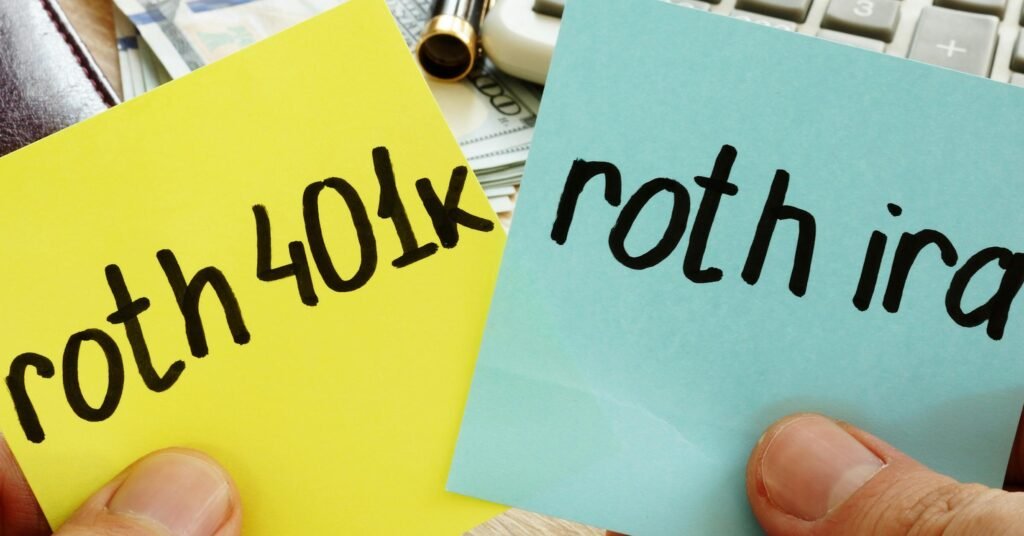A backdoor Roth is a strategy that involves contributing money to an after‑tax account in your employer’s 401(k), if available, and lets you save a substantial amount more than the current $23,500 limit. Current tax law allows you to convert these dollars into Roth. Since the contributions are already after‑tax, converting them to Roth does not create a tax bill, and the funds can then compound tax‑free forever. Check with your employer to confirm whether your plan allows after-tax contributions. This strategy is particularly effective for high earners seeking to maximize retirement savings.
Recent legislation affecting 401(k) plans now allows employers to give workers the option to receive their company matching and profit‑sharing contributions directly into their Roth accounts. At present, few employers have implemented this feature, waiting for the 401(k) record-keeping industry to support it. Historically, company contributions have always gone into pre‑tax accounts and were not reported as taxable income. If you choose to direct future company contributions into your Roth account, however, those amounts will count as part of your taxable income for that year. For the reasons outlined in this article, this approach could make sense for many long‑term retirement savers.
No matter the size of your retirement nest egg, the message is the same: What you see in your account isn’t fully yours if it resides in a traditional 401(k). That’s why Roth accounts are attracting so much attention. Tax‑free accumulation of wealth, freedom from RMDs, the ability to pass assets on tax‑free and even access to contributions during your working years all put more control in your hands.
Once in retirement, it’s not how much you’ve saved that matters, it’s how much you can actually spend. For many savers, that’s where a Roth can truly change the game.
Michael J. Francis is president of Francis LLC, a registered investment adviser with offices in Minneapolis and Brookfield, Wis. Mike Francis can be reached at michael.francis@francisway.com. The information contained herein is provided for informational purposes only.

